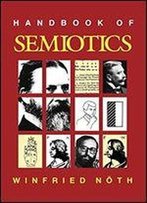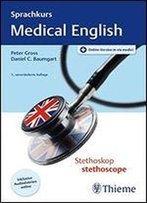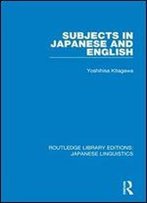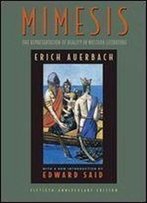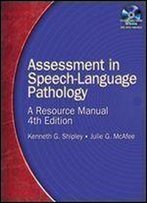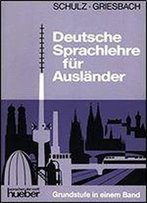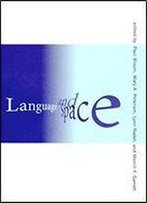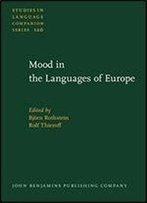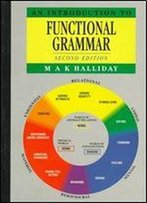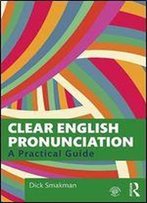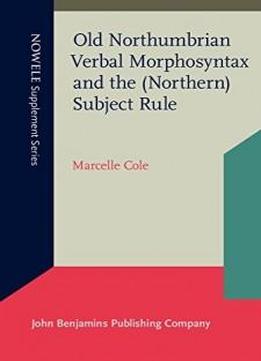
Old Northumbrian Verbal Morphosyntax And The (northern) Subject Rule (nowele Supplement Series)
by Marcelle Cole /
2014 / English / PDF
1.3 MB Download
This volume provides both a quantitative statistical and
qualitative analysis of Late Northumbrian verbal morphosyntax as
recorded in the Old English interlinear gloss to the
This volume provides both a quantitative statistical and
qualitative analysis of Late Northumbrian verbal morphosyntax as
recorded in the Old English interlinear gloss to theLindisfarne
Gospels
Lindisfarne
Gospels. It focuses in particular on the attestation of the
subject type and adjacency constraints that characterise the
so-called Northern Subject Rule concord system. The study presents
new evidence which challenges the traditional Early Middle English
dating attributed to the emergence of subject-type concord in the
North of England and demonstrates that the syntactic configuration
of the Northern Subject Rule was already a feature of Old English.
By setting the Northumbrian developments within a broad framework
of diachronic and diatopic variation, in which manifestations of
subject-type concord are explored in a wide range of varieties of
English, the author argues that a concord system based on subject
type rather than person/number features is in fact a far less local
and more universal tendency in English than previously believed.
. It focuses in particular on the attestation of the
subject type and adjacency constraints that characterise the
so-called Northern Subject Rule concord system. The study presents
new evidence which challenges the traditional Early Middle English
dating attributed to the emergence of subject-type concord in the
North of England and demonstrates that the syntactic configuration
of the Northern Subject Rule was already a feature of Old English.
By setting the Northumbrian developments within a broad framework
of diachronic and diatopic variation, in which manifestations of
subject-type concord are explored in a wide range of varieties of
English, the author argues that a concord system based on subject
type rather than person/number features is in fact a far less local
and more universal tendency in English than previously believed.
